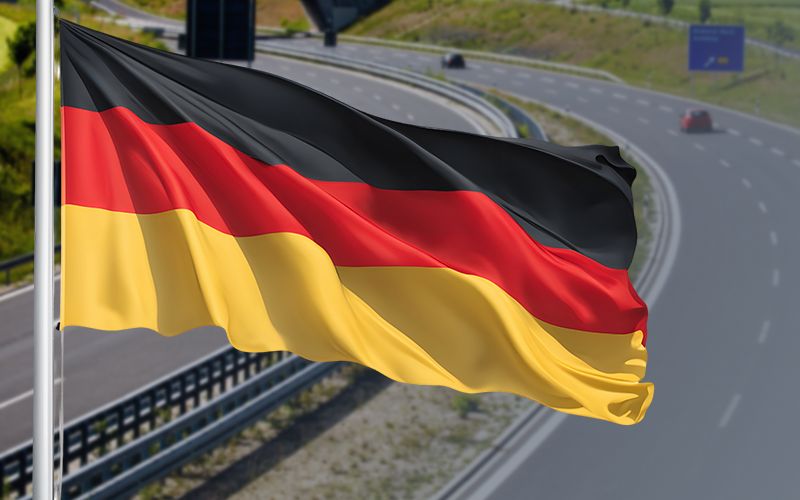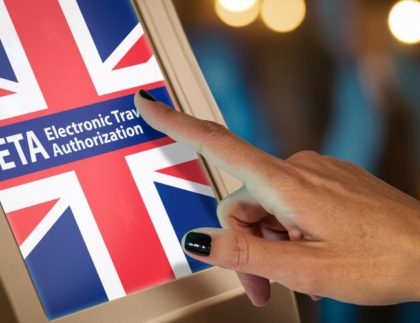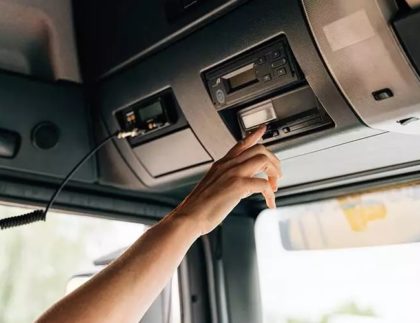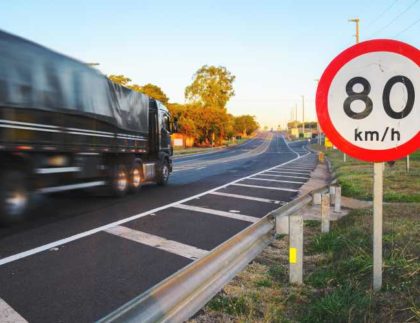

Find out who has to pay road tolls in Germany, how the toll system works, and how much each vehicle type costs to drive. Do you run a transport company and want to pass through Germany without any problems? Learn about the applicable rates and what technologies will make toll settlement easier for you. Enjoy reading!
How does the road toll system work in Germany?
Tolls are mandatory charges for the use of highways, expressways, as well as bridges and tunnels. Tolls are meant to provide funds to modernize and maintain the infrastructure and to develop new connections. Toll collection systems vary from one country to another – both at the technological level and in terms of the applicable rules.
Toll Collect, the toll system in Germany, differentiates the rates depending on the type of vehicle, road category, the length of the route covered, as well as the costs related to air pollution, carbon dioxide emissions and the operation of infrastructure.
The system has been in place since 2005 and is currently one of the most advanced solutions in Europe. Toll Collect uses satellite technology and vehicle detection systems, allowing to charge electronically without having to stop at gates.
Which roads are subject to tolls?
Road tolls in Germany cover 51,000 kilometers of roads, including all motorways and federal roads, with the exception of a few designated sections. Parts of the A6 and A5 motorways are exempt from tolls, as well as sections where tolls are collected on the basis of the provisions of the Act on Private Financing of the Construction of Supra-Regional Roads. A detailed list of places exempt from tolls can be found in the current Federal Roads Toll Act (BFStrMG).
Which vehicles are subject to tolls in Germany?
In July last year, a reform of the road toll system in Germany came into force, which brought significant changes – the new regulations covered all vehicles with a maximum permissible weight of over 3.5 tons used in the transport of goods. This means that popular minibuses are now subject to tolls for the use of motorways and federal roads in Germany. Until mid-2024, the discussed regulations concerned only vehicles with maximum permissible weight of over 7.5 tons.
In December 2023, a CO2 emission tax was also introduced, which aims to reduce pollution and promote ecological transport. The fee depends on the exhaust emission class and the CO2 emission category to which the vehicle belongs, which means that drivers of cars that meet higher environmental standards (e.g. EURO 6) pay less than those of older vehicles with higher carbon dioxide emissions.
H3: What are the road tolls for trucks in Germany?
You can find the current road toll rates in Germany on the official Toll Collect website – check it out!
Are passenger cars subject to motorway tolls in Germany?
In Germany, drivers of passenger cars are exempt from motorway tolls. However, tolls for the passage through the Warnow Tunnel and Herren Tunnel apply – you can pay stationary, at the toll collection point, as well as electronically, using the on-board device.
How do I pay road tolls in Germany?
An integrated EVA system, which combines the functions of telematics, toll management and protection against fraud related to unauthorized use of the fuel card (by comparing the location of the vehicle with the location of the station where the driver is trying to make the payment), is a solution that helps to conveniently pay the road tolls in Europe. Thanks to the ability to monitor the fleet in real time, the device allows for effective transport management, saving time and increasing safety.










